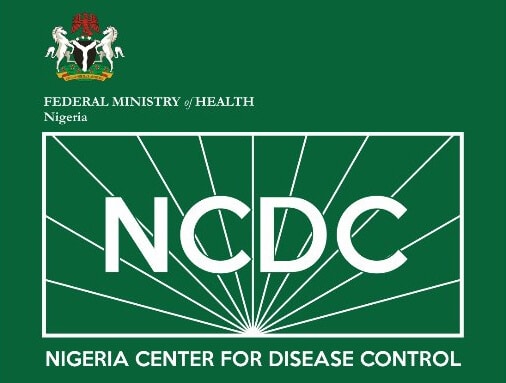Nigeria has recorded 55 confirmed cases of Monkeypox (Mpox) across 21 states and the Federal Capital Territory, according to the latest report from the Nigeria Centre for Disease Control and Prevention (NCDC). The report, covering the situation up to September 1, 2024, reveals that Mpox has been detected in 39 local government areas, with no reported deaths this year.
The NCDC’s Mpox situation report for week 35 highlights that 70% of the confirmed cases involve males, while 30% are females. The age distribution shows that the majority of cases are in younger populations, with 19 cases in ages 0-10, 8 cases in ages 11-20, 12 cases in ages 21-30, and smaller numbers in older age brackets.
The states reporting the highest numbers of cases include Enugu with eight cases, Bayelsa with six, and Akwa-Ibom with six. Other states with notable case counts are Cross River (five), Delta (three), Benue (three), and Plateau (three). Several states reported fewer cases, including Lagos, Kebbi, and Kaduna, each with one case.
Since September 2017, Nigeria has seen 4,752 suspected cases of Mpox, with 1,141 confirmed and 17 deaths. The NCDC notes that males are predominantly affected, accounting for approximately 70% of confirmed cases.
Mpox, a rare viral zoonotic disease, is transmitted from animals to humans and is most commonly found in remote villages of Central and West Africa. The Mpox virus belongs to the Orthopoxvirus genus, which also includes the variola virus (smallpox), the vaccinia virus (used in smallpox vaccines), and the cowpox virus.
On August 13, 2024, the Africa Centres for Disease Control and Prevention declared Mpox a public health emergency of continental security, highlighting the growing concern over this infectious disease.
